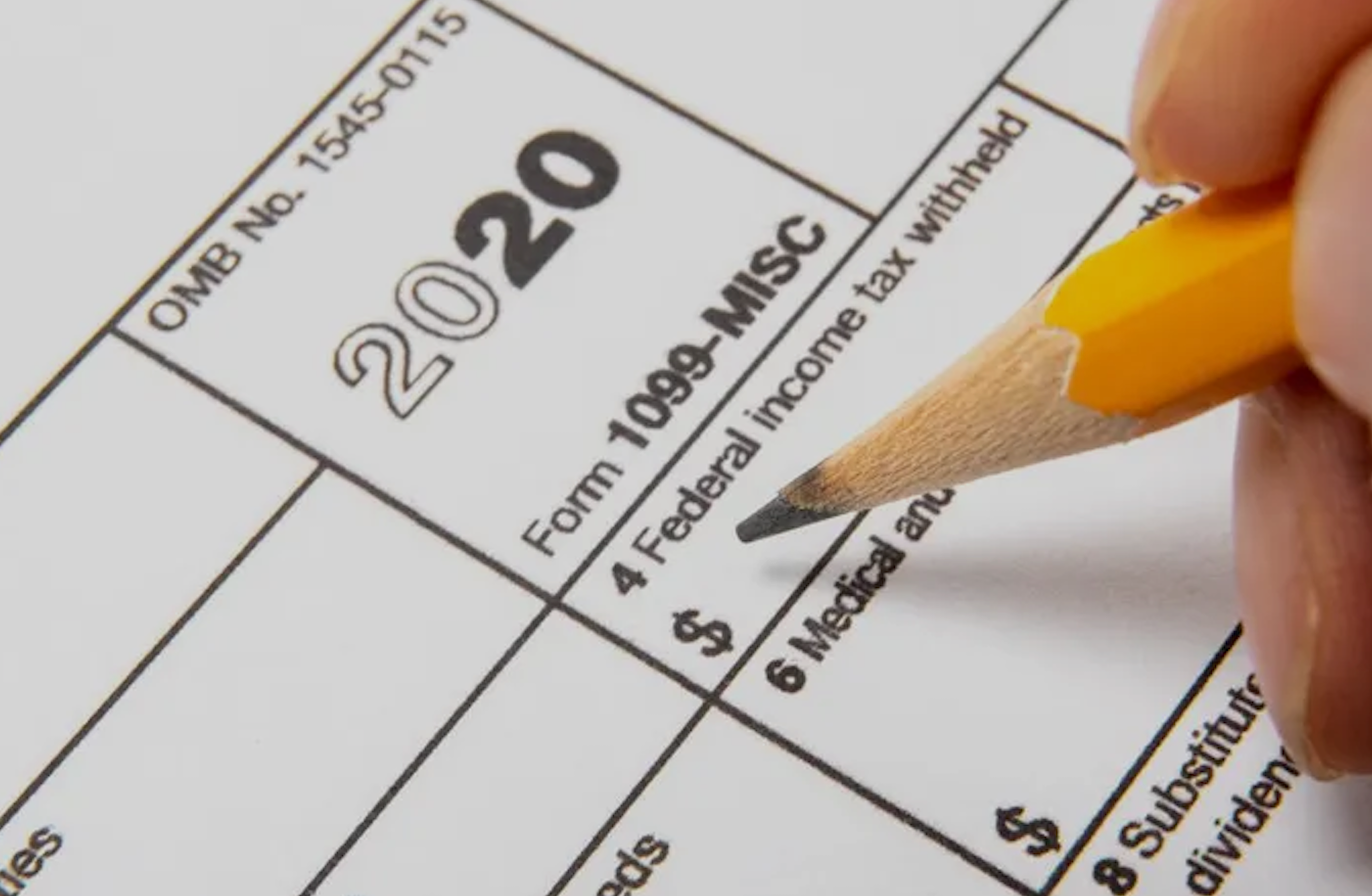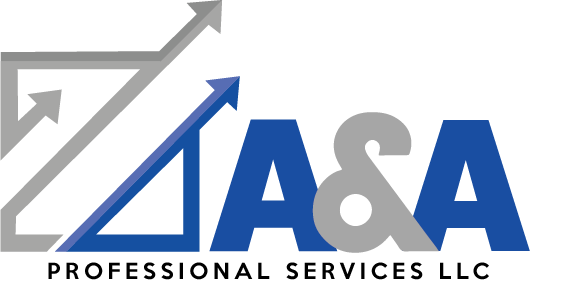The 1099 tax form is a document used to report income received that is not from an employer-employee relationship. It is typically used for self-employed individuals, independent contractors, freelancers, and other non-employee workers. The purpose of the 1099 form is to report this income to the Internal Revenue Service (IRS) for tax purposes.
Here's a breakdown of the 1099 tax form:
It's important to accurately report the income from your 1099 forms to the IRS to avoid any potential tax issues. Keep track of all your 1099 forms and consult with a tax professional if you have questions or need assistance with filing your taxes.



